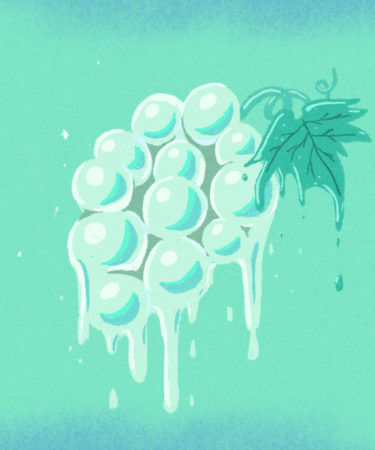For the first time ever, the entire German ice wine harvest has failed to deliver, due to the effects of climate change.
Citing the “mild winter” of 2019, the German Wine Institute (DWI), reported that none of the country’s wine-growing regions saw temperatures consistently reach the -7 degrees Celsius (19.4 degrees Fahrenheit) necessary to make the specialty sweet wine. And while the season technically isn’t over, “the coming days are also no longer expected to have frosty nights,” DWI’s Ernst Büscher said.
Ice wine, produced when temperatures fall low enough to crystalize the majority of a grape’s water, leaving behind a super-concentrated juice, supposedly originated in Germany in the 1830s. These days, Canada is the largest ice wine producer, but there too the effects of climate change have been causing trouble for wine growers.
“In the years since I started harvesting ice wine grapes, the windows of cold temperatures have become less and we’ve had fewer and fewer opportunities to harvest,” Canadian viticulturist Jamie Slingerland told Wine Enthusiast in 2019.
Grapes dedicated to ice wine are left on the vine to mature, but the shrinking window of cold days means they must survive longer than usual in hopes of catching a frost. In years with low yields, many winegrowers often prefer not to take the gamble that the grapes will hold out that long.
“If the warm winters accumulate in the next few years, ice wines from the German wine regions will soon become even more of a precious rarity than they already are,” Büscher said.
